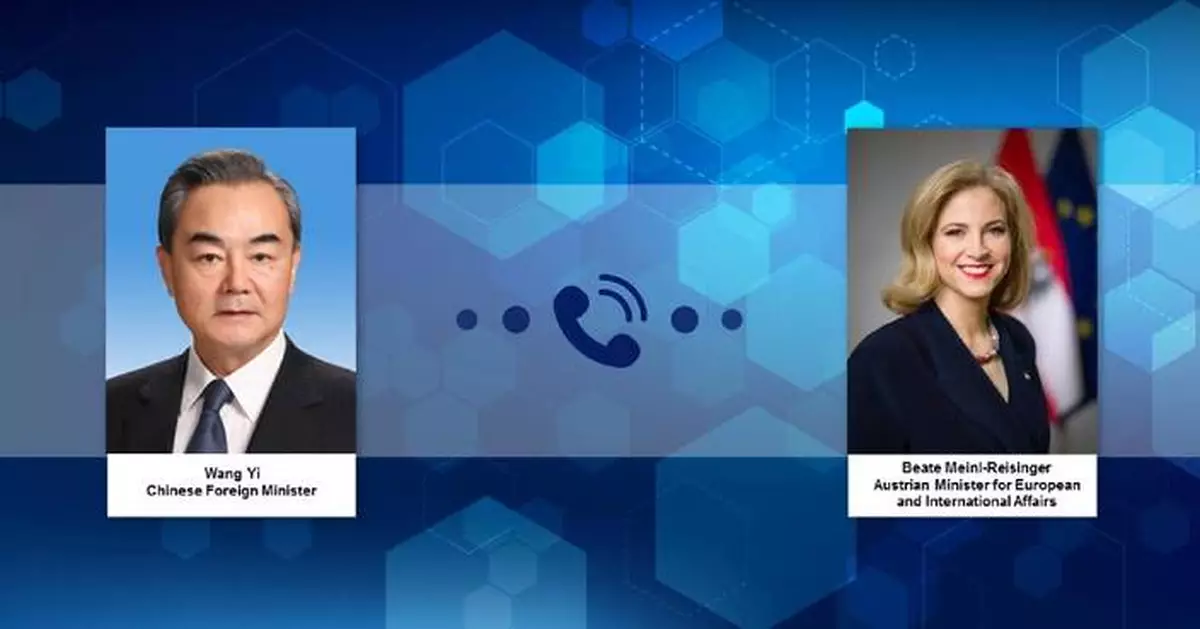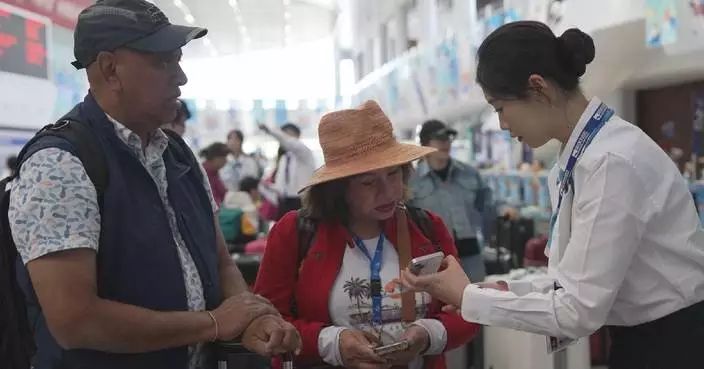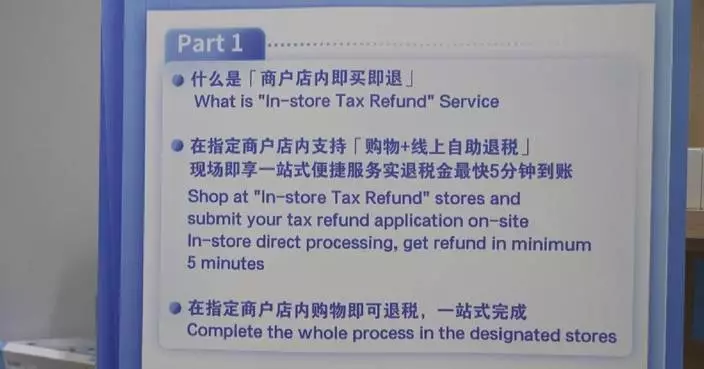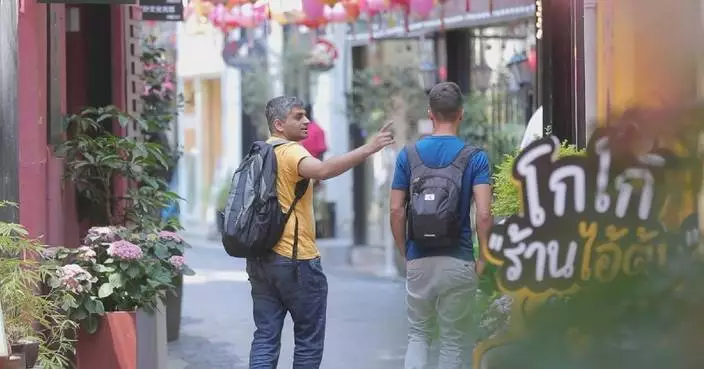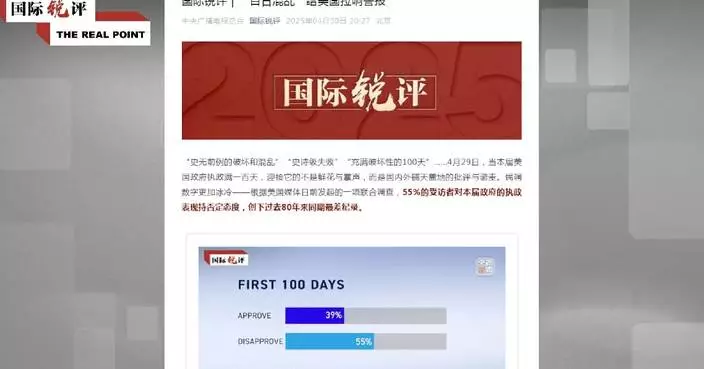Chinese Foreign Minister Wang Yi on Tuesday expressed hope that the new Austrian government will continue to pursue a friendly policy toward China, promote bilateral relations to jointly address current global challenges, and play a constructive role in international peace and development.
Wang, also a member of the Political Bureau of the Communist Party of China Central Committee, made the remarks during a phone conversation with Austria's Minister for European and International Affairs Beate Meinl-Reisinger, at the latter's request.
Wang told Meinl-Reisinger that China stands ready to strengthen high-level exchanges with the European Union (EU) and take the opportunity of the 50th anniversary of China-EU diplomatic relations to jointly usher in another 50 years of successful cooperation with the EU, and urged Austria to be an active participant in this process.
Noting that the United States' unilateral imposition of tariffs has seriously undermined international economic and trade rules and order, Wang called on China and the EU, as two major economies and markets, to shoulder their international responsibilities.
Meinl-Reisinger highlighted the importance of China as a key partner for Austria in Asia and noted that this year marks the 50th anniversary of EU-China diplomatic relations.
She also said the EU looks forward to further strengthening economic and trade ties with China, and affirmed that the EU will stay united in defending its interests and upholding the multilateral trading system.
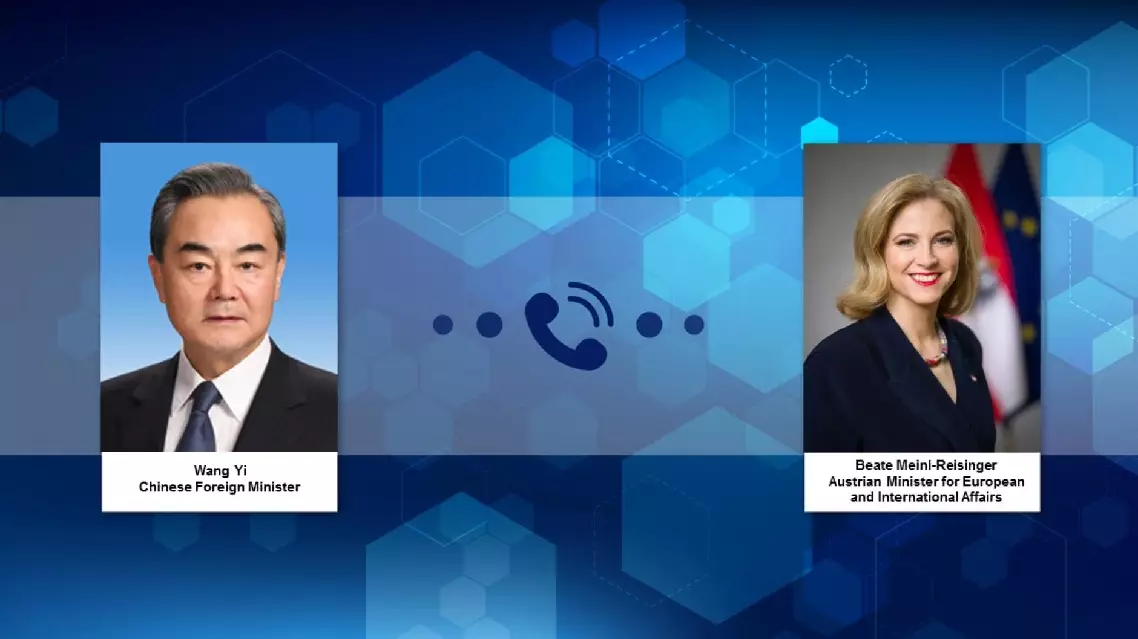
Chinese FM hopes new Austrian government will continue friendly policy toward China
Malaysia has extended its visa-free entry for Chinese citizens for another five years, a move that has already led to a sharp rise in tourist arrivals and reinforced economic and diplomatic ties with China.
The initiative follows China's decision to waive visa requirements for Malaysian travelers in late 2023, triggering a two-way tourism boom between the two countries.
Popular destinations like the Batu Caves near Kuala Lumpur are now filled with Chinese tourists taking advantage of the simplified entry process.
"The whole process is very simple. After arriving in Kuala Lumpur, we could use the self-service channel to tour Malaysia," said Nancy Niu, a Chinese tourist from Shandong.
For many, the ease of entry has changed travel plans.
"We'd originally planned to travel within China. But when we heard about the visa exemption, we decided to go to Malaysia. That made it very convenient. If you want to come during the May Day holiday, or National Day holiday, just for a few days, there's no need to apply for a visa, you can just come," said Louie Zhang, a Chinese visitor from Shenzhen.
Returning travelers are also noticing the difference.
"When I came to Malaysia before, there were too many steps. We had to queue in very long lines. Now, there's basically no queuing. It's very quick to clear immigration," said Wang Xiaofeng, a Chinese visitor from Sichuan.
Tourism operators are welcoming the policy extension as a long-term boost to the industry.
"This extension is very much welcome news because it has always been very good for the industry, looking towards China as one of its main source markets. This is going to mean that we're going to have a lot more time to plan, to really understand the Chinese market and to perhaps even cater to the new, upcoming trends that the Chinese tourists are looking for," said Nigel Wong, president of the Malaysian Association of Tour and Travel Agents.
So far in 2025, the number of Chinese tourists visiting Malaysia has risen by around 30 percent compared to the same period last year, according to Wang.
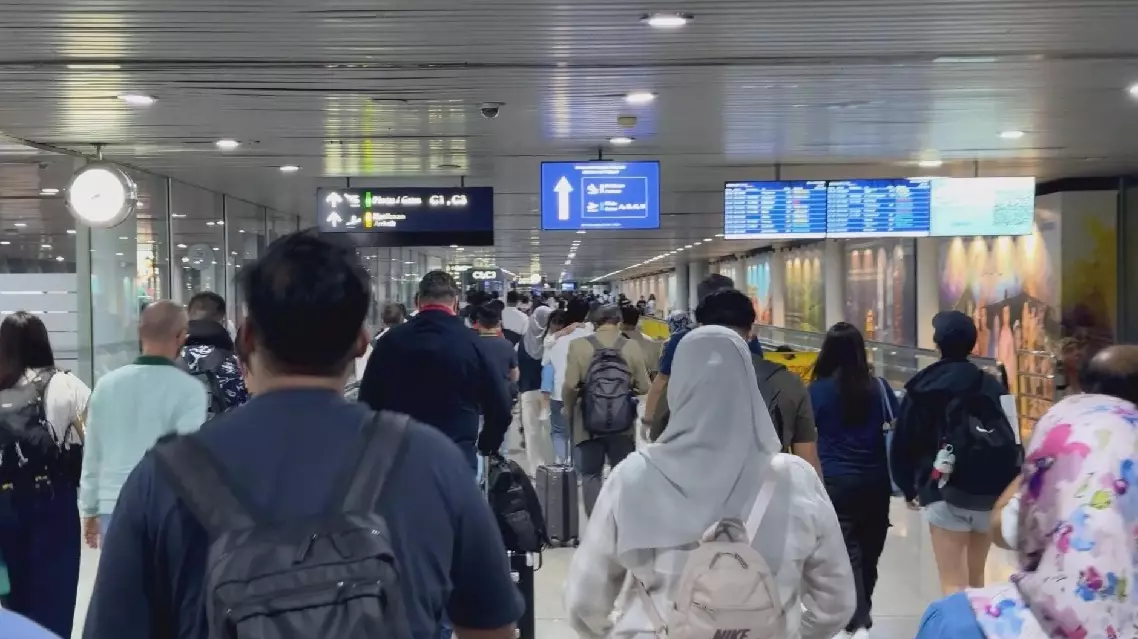
Chinese tourist arrivals soar as Malaysia extends visa waiver



